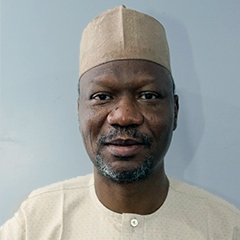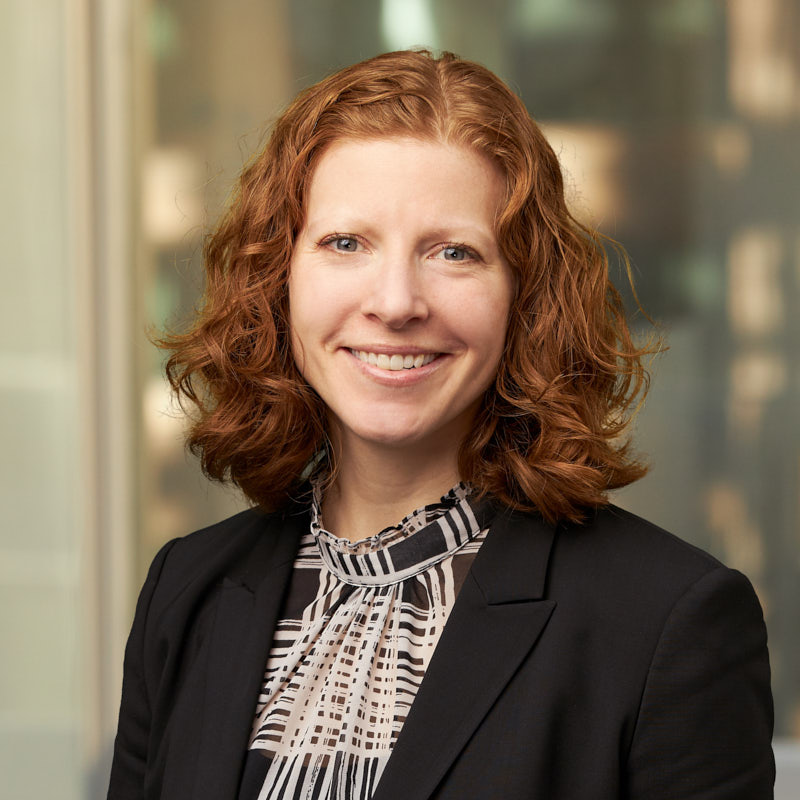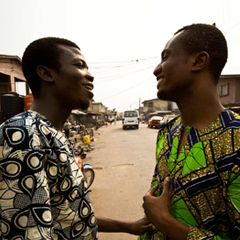Kole Shettima and Erin Sines, Co-Directors, On Nigeria, reflect on incorporating gender equity and social inclusion into the anti-corruption strategy.
Like so many others, we have been grappling with the COVID-19 pandemic as well as the long-overdue global reckoning with systemic racism and oppression that continues to unfold each day. Over the past year, we worried about the health, safety, and wellbeing of our families, team members, partners, and the world. We witnessed governments use COVID-19 as an excuse to roll back fundamental rights, while groups and individuals spread misinformation and disinformation intended to create chaos around COVID-19, vaccines, and grassroots movements resisting oppression. We also watched with appreciation as On Nigeria’s partners took swift and decisive action against both pandemics.
Going into the second and final phase of the On Nigeria strategy with this context, the need for transparency, accountability, and participation against corruption is as urgent as ever. Similarly, a more public and renewed focus on ensuring that all voices are heard feels critical and overdue.
Our team has always held diversity, equity, and inclusion as values (and as a Foundation, we recently defined and affirmed our values). We have always been attentive to the representation and gender balance in our meetings, recruitment, and grantmaking. However, we did not talk about this very much externally—or enough internally. We did not express it publicly as a value, nor did we ask grantee partners whether and how they think about equity in their work.
The 2020 strategy review gave us an opportunity to consider what the final four years of our On Nigeria Big Bet would look like. In line with the Foundation’s commitment to the Just Imperative, which calls for us to lead with justice, we knew we needed to be more public about our commitment to diversity, equity, and inclusion in the Nigerian context and within our team. So, we added a formal gender equity and social inclusion (GESI) approach to our strategy. Our external evaluation and learning partner, EnCompass, helped us to incorporate it into our strategy and developed measures that will tell us if we are, in fact, working in a way that improves gender equity and social inclusion as we strive to reduce corruption.
According to a recent United Nations Office on Drugs and Crime report on gender and corruption,
Corruption harms people of all genders in diverse ways… However, there are several reasons to think that corruption has a larger negative impact overall on women than on men—and also, or perhaps more so, on non-binary individuals, though there is very little information about this. In all of the ways in which corruption is thought to have gendered impacts, intersectionality is central to making sense of relative effects.
For example, corruption siphons funds from the public sector and tax base, leaving fewer resources to invest in health, education, and other critical public services that women tend to use more than men. In many places, poorer women tend to use public services even more, making them particularly vulnerable to corruption.
To start, we agreed that we would prioritize diversity, equity, and inclusion across gender, generation, ability, ethnicity, and faith. But we need to define what we mean in practice. We need to reflect on the intersectional nature of GESI and what it means for our strategy and programming. How do gender, class, ethnicity, religion, age, language, and ability interact in Nigeria to make the experience of corruption different for some groups of people? What changes do we need to make to ensure that our strategy and all the projects we support are designed to ensure that people who have been historically excluded from the conversation are included and heard?
So far, we have found many resources on gender, gender inclusion, and gender mainstreaming, but far fewer on social inclusion, especially in the Nigerian context. We need to define what “social inclusion” means for our work, and that must be both expansive and specific.
We then need to make GESI central to our work and methods. We must decide what it means when selecting grantee partners and projects. We need to learn from grantee partners who have been doing GESI-transformative work for years and support those who are newer to the practice. Given that we are three years from our planned exit, we must consider how projects that have already started can become more GESI-transformative. We are also eager to see how GESI enhances our anti-corruption, accountability, transparency, and participation outcomes, beyond it simply being the right thing to prioritize.
To begin defining how GESI will change our work, EnCompass is surveying grantee partners to understand how equity informs their work and what their teams and constituencies look like. Our team and grantee partners will be invited to participate in workshops led by another EnCompass team to help us concretely define gender equity and social inclusion in Nigeria. We have also commissioned a literature review by the Institute of Development Studies on factors that strengthen women’s voices in public accountability in Nigeria.
We still have a long way to go to truly live our values and see them reflected in our work. You will hear more from us on this topic, and we commit to sharing what we are learning and doing.
On Nigeria grantmaking ›
On Nigeria strategy ›
Other Director's Reflections ›





